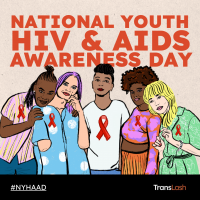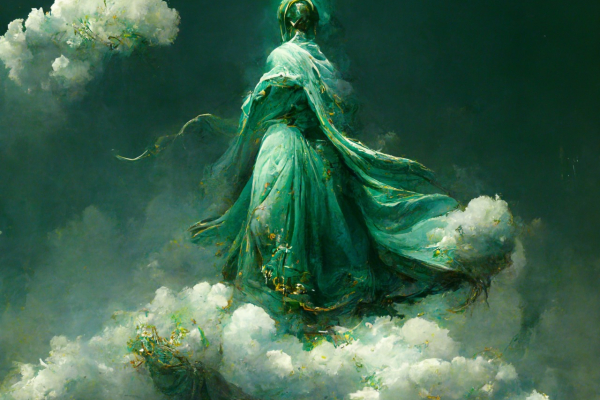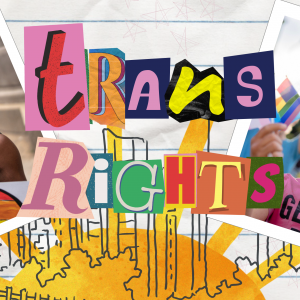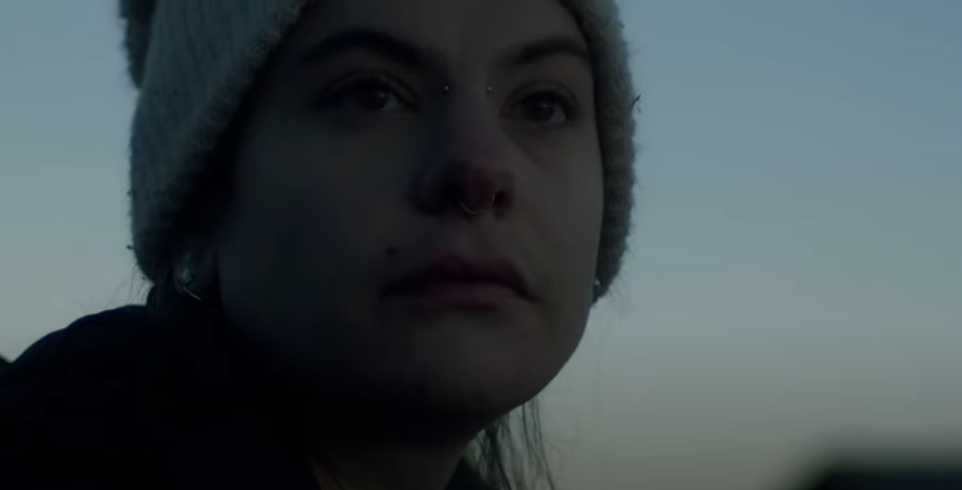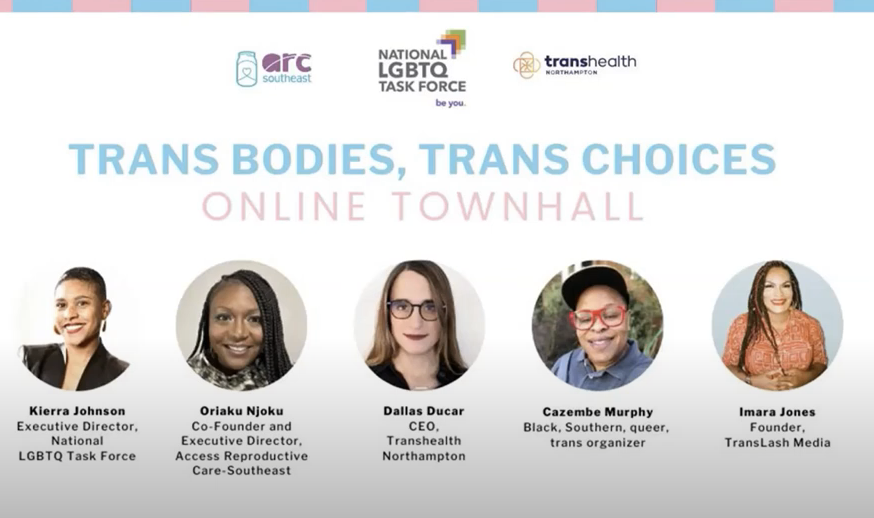by Brighton McDunnah
Gather ‘round, my beautiful queer & trans siblings!
Come on, scooch in close. Grab a hot cider or cocoa to warm your hands and your spirit. The holidays are a time to honor those we’ve lost and hold their memories close. So I’d like to tell you all about a queer elder I am proud to call my Great Aunt Marcia and share some of her teachings with you.
Born in 1881, my great-great-great Aunt, (so, my grandmother’s great aunt) Marcia Adelle Taylor, was a reclusive and mysterious poet. Marcia was called eccentric. She chose to be a poet, rather than a secretary in the family’s insurance firm, and she presented as very masculine. Her hair was ‘unfashionably short’, and she always insisted upon wearing ill-fitting men’s suits despite it not being socially acceptable for women to even wear pants for most of her eighty-eight-year lifetime.
Marcia never married but had a life partner whom she lived with for over forty years: a woman named Rachel A. Hall.
So, to sum it up, Marcia was an early-20th-century gender-nonconforming lesbian poet—a complete and utter badass.
As her queer, transmasculine non-binary descendent who loves and writes poetry and lives with their soon-to-be-wife…I can’t help but feel like her life could’ve been my previous one. When first reading her poetry, I was taken aback at how similar our writing styles and senses of humor are. It’s all pretty spooky, I won’t lie—but these spooky similarities have proven to be helpful. With so many parallels in our lives and identities, it’s been easy to place myself in her shoes, and imagine her in mine. Her story has been a sort of guidebook for me as I explore and navigate my own queer, trans identity––‘Marcia’s Declassified Queer Survival Guide’ if you will.
But where did I get this survival guide, you ask?
The most valuable source of information I have about Marcia was a Christmas gift passed down to me from my aunt, the family historian. She gave me a large folder of Marcia’s letters, poems, drawings, and school assignments. Sitting in my grandmother’s house with my family, I gingerly perused the artifacts, many more than a century old. They were so fragile, brittle, and yellowed with time. I shudder to think how easily they could’ve been destroyed long before they reached me, but they weren’t. It’s as though I was meant to have them.
Thanks to the contents of that folder, along with her published volumes of poetry, I’ve learned many valuable and still-applicable lessons from her. I’ve found so much strength in her memory and her writings. The holidays are such a difficult time for so many trans and queer folks, so it is my hope, dear reader, that she might be able to do the same for you.
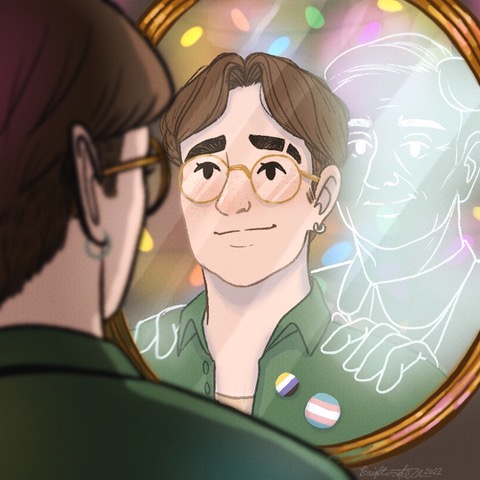
Lesson Number One: “Authenticity or bust.”
In Marcia’s lifetime, laws and social norms were such that exercising her authenticity meant that she could’ve been shunned from society, arrested on the grounds of ‘cross-dressing’, or even involuntarily confined to an asylum where she would be forced to undergo homophobic and transphobic ‘treatment’. Despite these dangers, right up until her death in 1969, Marcia lived by a personal creed of fierce authenticity. Above all else, she was determined to live as herself—even if that meant living behind closed doors. Her fearless nature did not mix well with the stigmas of the times she lived through, so she rarely left the house. Marcia had to make the choice that so many of us are still forced to make a century later: would we rather be our true selves in isolation, or be surrounded by loved ones while living a lie?
During the holidays, this is an especially painful choice to make.
Many of the dangers that threaten queer and TGNC folks nowadays may look very different from those in Marcia’s time, but the threat of isolation and rejection from unsupportive loved ones is timeless. For many of us assessing the risks of being openly queer or trans, especially those who have yet to come out, it’s easy to feel like authenticity might not be a risk worth taking. Violence towards our community is all too real. The blind hatred towards us is real. This world we live in proves to be a plenty frightening place.
While each of us must always exercise necessary caution to keep ourselves from harm, Marcia’s story shows us that an authentic life is always worth fighting for, in whatever ways we can.
In many of her poems, Marcia speaks on themes of loneliness, isolation, and deep sadness…but her poems always pair that sadness with countering statements of joy, to show that despair doesn’t have to win. Even though the journey to authenticity comes with plenty of growing pains, it will inevitably lead to happiness.
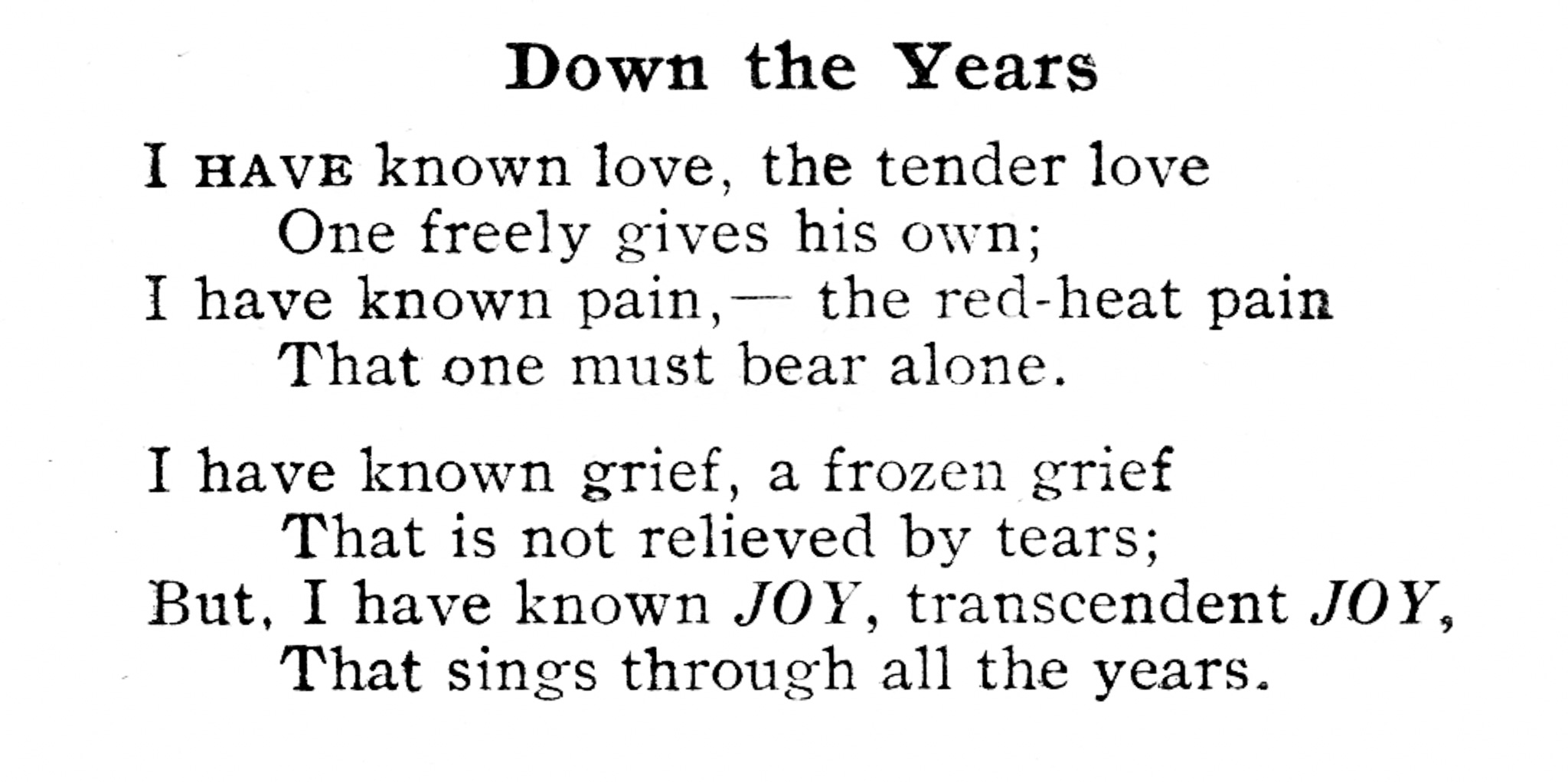
Lesson Number Two: “There is no excuse for intolerance—loving you is not difficult.”
As inspiring as Marcia was, an equally impressive and encouraging part of her story is that of her family. As far as I know, they were not just aware of her sexuality, her partner, and her masculine appearance—they were actively supportive of her.
In any of the decades in which Marcia lived her life, it would not have been unusual for her family to strongly look down upon her lifestyle, or to send her away, or to disown her completely…but they did no such thing.
They were a fairly wealthy upper-middle-class family in a small, conservative town with a business to run, a church to attend, and an image to uphold. Yet, they defied stereotypes right alongside Marcia by simply continuing to love her just as they did her more conventional siblings.
This is most clearly illustrated by the fact that, when her partner Rachel passed away in 1947, Marcia’s family agreed to have her buried in the Taylor family plot and add her name to the family headstone in the exact same fashion that the wives of Marcia’s brothers were. Twenty-two years later, Marcia joined her there.
This time of year, so many of us are left yearning for a supportive family like Marcia’s. Many are outright disowned by our families; others are partially supported, but asked not to be open about our transness or queerness. We hear things like “your grandma is just too old, she’d be so confused and upset,” or, “you know how your uncle feels about this stuff, so can’t you wear something else and just pretend?”
The unwavering love and acceptance of Marcia’s family goes to show us that, regardless of the time, ideology, or environment a person might’ve been raised in, anyone can make the choice to keep loving you. There is never a valid reason for someone to suddenly turn you away when you start living as yourself; they always have a choice. They have the power to choose to learn your pronouns, to use your new name, to be proud of you, to love you…and if they choose anything short of total acceptance and active support, know that you deserve so much better.
To close out my tale, I’d like to leave you all with my favorite of Marcia’s poems; one that serves as a triumphant expression of her philosophies and values. It’s the sort of poem one could read in the bathroom mirror every morning as a powerful affirmation, full of pride, strength, and joy.
So, this holiday season, through what for many are the darkest and hardest days of the year, may we all learn to be dwellers in the sun.

Featured Image by Brighton McDunnah. Article Images courtesy of Brighton McDunnah.

Brighton McDunnah (they/he) is a proudly queer, disabled, transmasc storyteller and illustrator. In 2019, they were one of the recipients of the Kennedy Center’s VSA Program national honor of Emerging Young Artists with Disabilities and designed the program’s 2020/2021 logo. His illustration work is his primary focus at the moment, but they look forward to expanding their writing portfolio as well, ultimately working towards combining the skill sets to create memoir comics and graphic novels.
Their online shop for prints & other artwork can be found at brightwormstudio.com, and you can follow their art on Instagram @brightworm.studio.






